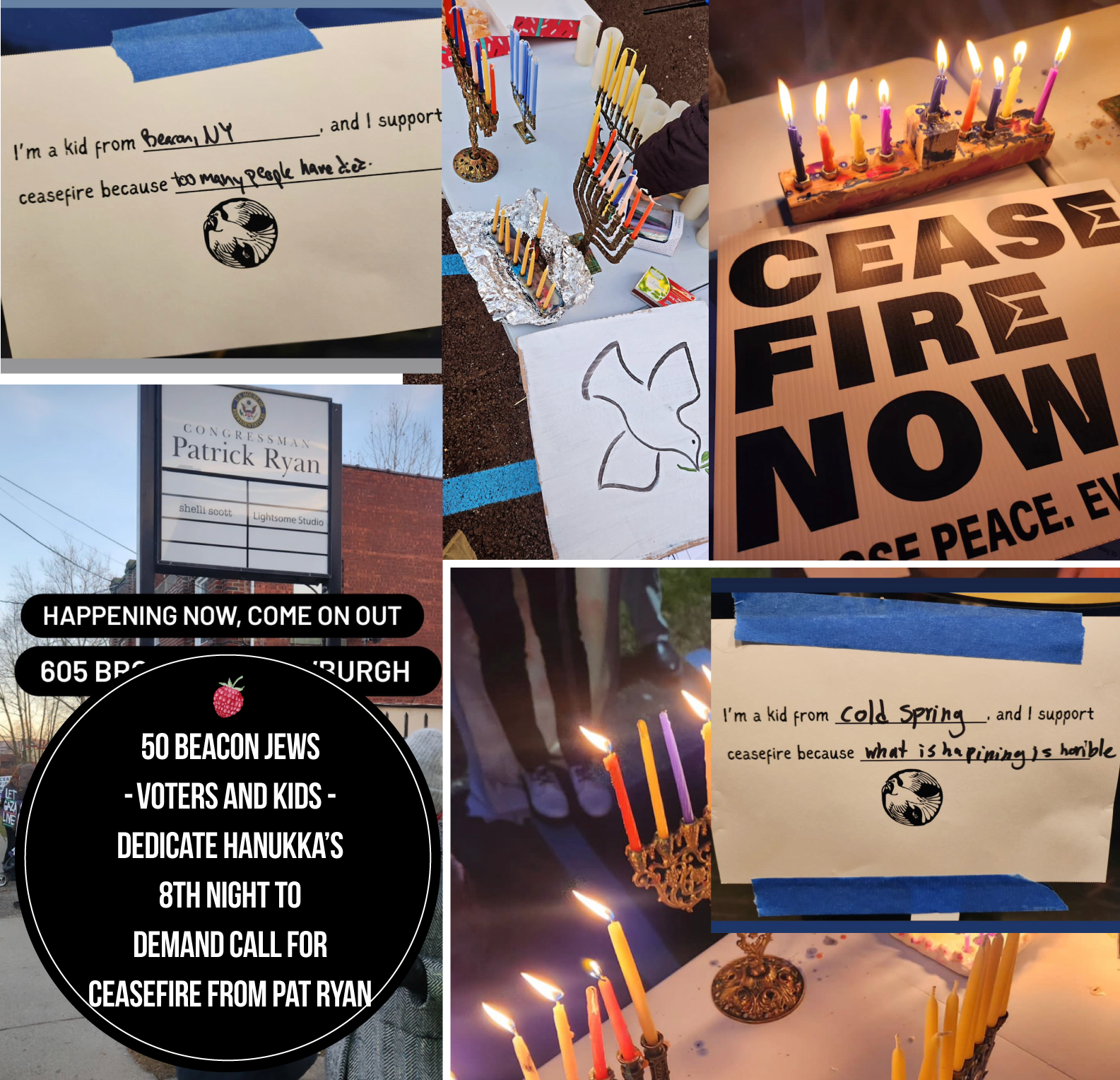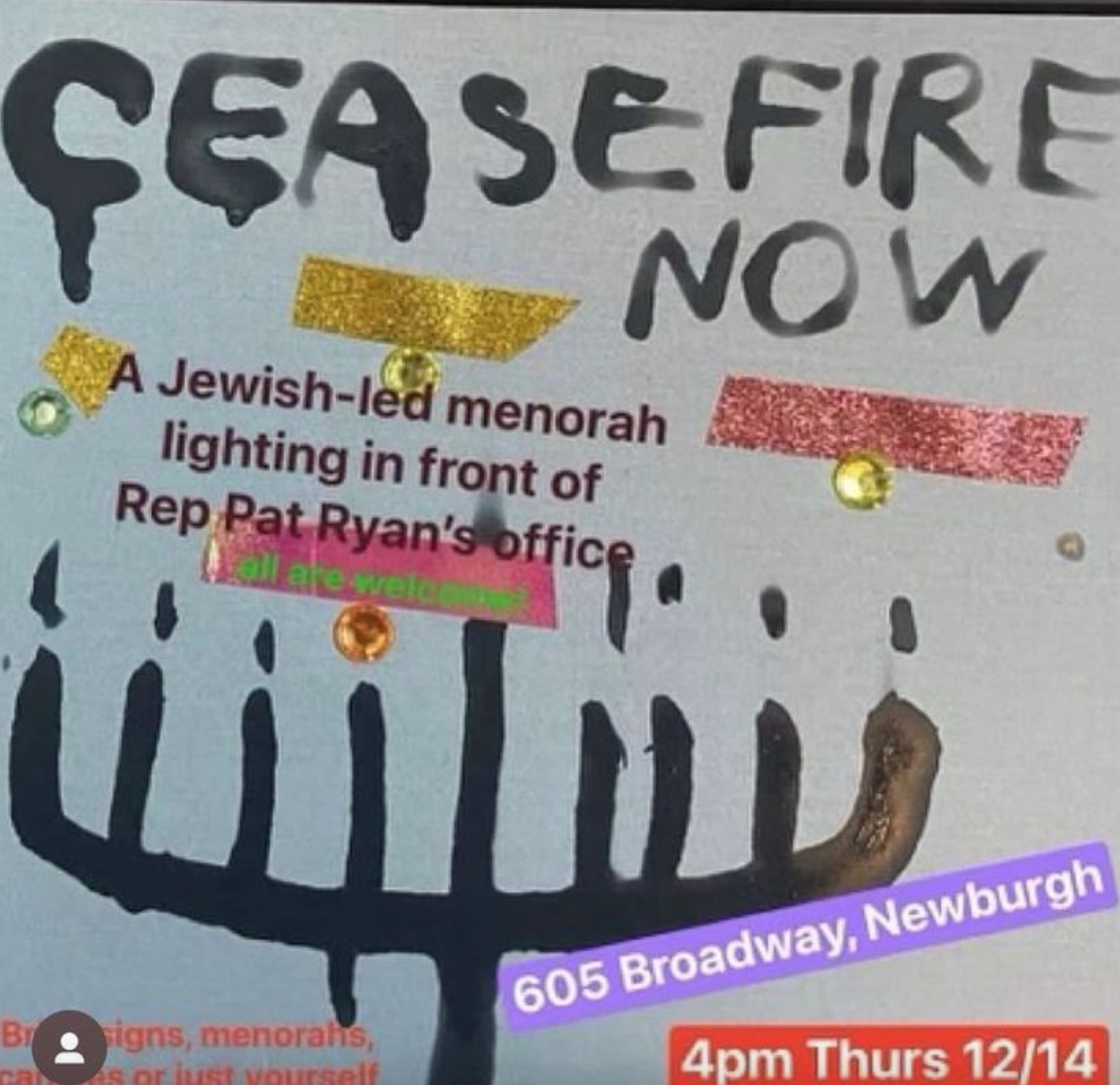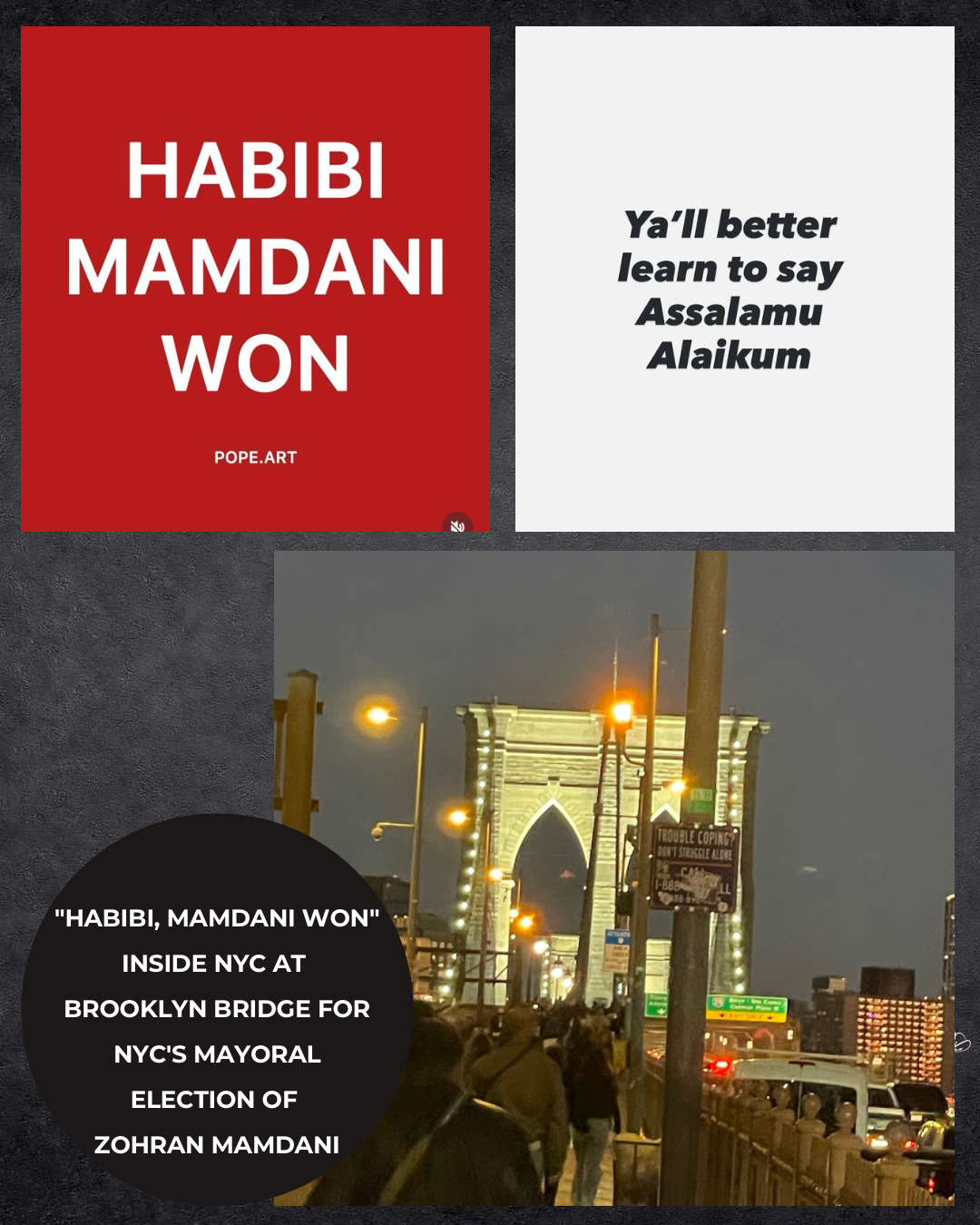Beacon Open Studios 2025 Is This Weekend - Here's A Partial Lineup And Event List
/It is one of the best times of the year in Beacon: sidewalk hopping through artists’ studios in Beacon. The map of all artists opening their studios is on Beacon Open Studio’s website. Another version of the map includes pictures of some artwork to give you an idea of what you will see.
This year, several locations are displaying multiple artists. For example, the studio pictured here is at the home of 243 Rombout Avenue, is branded as “Hudson Valley Guitar Fix” and will exhibit Eric Alfredo, Chris Ams, Bam Bowen, and Ellion Debryun.
Other home studios include Rho Tang Studio, Elizabeth Mihaltse Lindy, Procario Designs on Maple Street (will feature John Procario, Rachael Sage, Elizabeth Arnold, Kat Spontak, and Famous Meadow), another on Maple (Edward Miller, Laurel Smith, and Jennifer Smith), and the metalsmith Caiming Cheung Studio. Several others are listed on the map. Get on your bike or drive strategically.
Businesses and art galleries are also participating, usually showing several artists at once. This is a great opportunity to get into The Kube at 211 Fishkill Avenue (the Old Beacon High School up on a hill with a parking lot), who is exhibiting the ROLL OUT Group Show. ROLL OUT just completed its open call for artist applications for the 2025 interactive show in October. Stop to see artists carving large-scale woodblocks on site and the opportunity to create your own sticker print on a mini press.
Businesses include LotusWorks Garden at their outside lot location at 14 N Cedar St. Artists will include John Procario and John Menzie. Trax Coffee at 1 East Main Street showcasing Jennifer Blakeslee and Denise DeVore. The Yard Group Show Gallery will be open all weekend, and is the main destination for all of the performances.
New interactive gallery, Blooming Hearts Studio at 41 Mason Circle, Building 10, Studio #2 from photographer and painter Meghan Spiro will be open. Artist Christie Rose will be at the vintage boutique Another Door at 468 Main Street.
Beacon Open Studios Musical Performances At The Yard
There are several satellite events around this event. ....................................................................................
FRIDAY NIGHT, JUNE 27
LOVE IS AN ACTION: SUNSET DANCE SHOWCASE
The Yard | 4 Hanna Ln, Beacon NY (outside)
Doors at 7:00
Love is an Action 3.0 is the third installment of an ongoing performance series created by choreographer Skyla Schreter. A celebration of raw, real-time collaboration, this one-night-only outdoor event invites audiences into a moment of creative alchemy—where dance and music meet in spontaneous, unscripted exchange.
....................................................................................
SATURDAY, JUNE 28
BOS MUSIC SHOWCASE
The Yard | 4 Hanna Ln, Beacon NY (indoors)
Doors at 6:00 | Drinks will be for sale
THIS YEAR'S MUSICIANS:
Martin D. Fowler
Martin D. Fowler has composed music underscoring Pulitzer Prize-winning radio from This American Life and other number-one Podcasts, composed ad music for clients like MLB, BMW, Coke, and Spotify, co-produced on tracks for Lil Wayne, Princess Nokia, Aja the Kween, and Arthur Lewis (Freestyle Love Supreme), has had work appear on VH1, VICELAND, and many other media outlets.
Odetta Hartman with LETZ
With a heart-stopping voice & wide- ranging instrumental talent,Odetta Hartman carries cowboy soul into an era where country can clash with computers & bluegrass isn’t afraid of bass.
ILLARI
Illari is a project born from transition, rooted in resilience. Created by Peruvian percussionist Angel Lau after a canceled Fulbright dream, Illari is a personal and musical response to the longing for connection—with home, with ancestry, and with community. Drawing from Afro-Peruvian, Brazilian, Congolese, and jazz traditions, the music is danceable, spiritual, and deeply grounded.
....................................................................................
SUNDAY, JUNE 29th
BROADWAY IN BEACON: MUSICAL THEATRE
The Yard | 4 Hanna Ln, Beacon NY
Doors at 6:30 | Drinks will be for sale
After a year of sold out shows, Will Reynolds and Jen Malenke host a night of Broadway magic and mayhem! Prepare to be blown away as Broadway performers and incredible local talent sing your favorite show tunes. There will be surprise guests appearances…direct from Broadway! Plus, a special appearance by Choir Illume, Beacon's new all-gender choir.




























































































